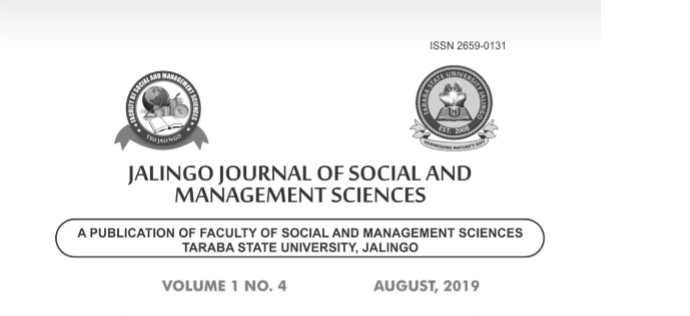Nigeria’s Contemporary Security Challenges: Is the State Police the Answer?
Keywords:
Community Policing, Security, Security challenges, State PoliceAbstract
The issue of Insecurity has been a very disheartening one in the Nigeria nation-state. Being the most populous State in Africa, it is yet faced by and with a plethora and an array of serious security challenges. Although law enforcement agencies such as the Nigeria Police Force (as the primary Law Enforcement), the Nigeria Security and Civil Defence Corps (NSCDC), the National Drug Law Enforcement Agencies (NDLEA) and so on with specialized functions are in place, the problem of insecurity yet remains unabated and still stands as a mitigating factor against the development of the country. Premise on this fact that insecurity has remained uncurbed and apparently undefeated, there became a rise and a great clamour of a system of State Policing as a probable solution for the raging torrent of insecurity that the country has overtime, plummeted in. Sequel to this, one issue that has continued to generate controversy and heated debate about the practice of federalism in Nigeria is the issue of states having their Police Force. This paper, therefore, dwells on observation and desk-based studies to examine and subsequently challenge the opinion of the creation of a system of state Policing in Nigeria. The paper concludes that most states in Nigeria are not ripe for state Police politically and financially as it will become instruments of oppression and harassment in the hands of state chief executives and politicians. Instead of a system of State Policing, it should rather be substituted for Intelligence-Led and Community Policing where officers must be allowed to serve in their communities. The existing security agencies have to be rejigged. There is the need for the recruitment of more personnel and procurement of modern security gadgets while political leaders must be proactive in addressing security issues.

Downloads
Published
Issue
Section
License
Copyright (c) 2023 JALINGO JOURNAL OF SOCIAL AND MANAGEMENT SCIENCES

This work is licensed under a Creative Commons Attribution-NonCommercial 4.0 International License.
